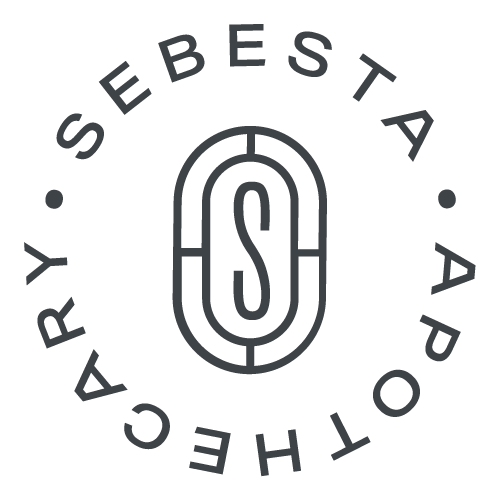
Ingredient Spotlight: Bentonite Clay | History and Recipes
Share
Bentonite clay, a natural product with a rich history, has been used for centuries for its healing and detoxifying properties. Derived from volcanic ash, bentonite clay is known for its ability to absorb toxins and impurities, making it a popular ingredient in skincare, hair care, and even internal detoxification protocols.
History and Origins
Bentonite clay's history dates back to ancient times, with various cultures utilizing its unique properties. The name "bentonite" originates from the largest deposit of this clay, located near Fort Benton, Wyoming. Interestingly, the largest known deposit of bentonite clay is found in Wyoming, which houses an estimated 70% of the world's supply.
Uses and Benefits
Bentonite clay boasts a wide array of uses, ranging from industrial applications to personal care. Some of the most common uses include:
- Skincare: Bentonite clay is often used in face masks and body wraps to draw out impurities, reduce oiliness, and soothe skin irritations. It can be beneficial for acne-prone skin, as well as for conditions like eczema and psoriasis.
- Hair Care: Bentonite clay can be used as a hair mask to remove product buildup, soften hair, and soothe the scalp. It can be particularly helpful for those with oily or itchy scalps.
- Detoxification: Bentonite clay is believed to bind to toxins and heavy metals in the body, aiding in their elimination. It is sometimes used internally, but it's essential to consult with a healthcare professional before doing so.
- Other Uses: Bentonite clay has various other applications, including use in animal feed, water purification, and even as a natural remedy for bug bites and rashes.
Safety and Precautions
While generally safe for most people, it's essential to use bentonite clay with caution. Always perform a patch test before applying it to your skin, and avoid using metal utensils or containers when mixing it, as this can reduce its effectiveness. It is also crucial to ensure that the bentonite clay is sourced from a reputable supplier and is free of contaminants.
DIY Bentonite Clay Recipes
Here are a few simple recipes to incorporate bentonite clay into your self-care routine:
- Bentonite Clay Face Mask: Mix 1/4 cup of bentonite clay with 1/4 cup of warm water. Apply to your face and let it dry for 15-20 minutes before rinsing with warm water.
- Bentonite Clay Hair Mask: Combine 1/2 cup of bentonite clay, 1/2 cup of warm water, and 1/4 cup of apple cider vinegar. Apply to damp hair, focusing on the scalp and roots. Leave on for 5-10 minutes before rinsing thoroughly.
- Bentonite Clay Poultice for Bug Bites: Mix 1/4 cup of bentonite clay with enough warm water to create a thick paste. Apply to the affected area and let it dry. Repeat several times a day as needed.
Bentonite clay is a versatile and natural ingredient with numerous potential benefits for your skin, hair, and overall well-being. With its long history of use and proven effectiveness, bentonite clay is a valuable addition to any natural health and beauty regimen. Remember to always use it responsibly and consult with a healthcare professional if you have any concerns.
